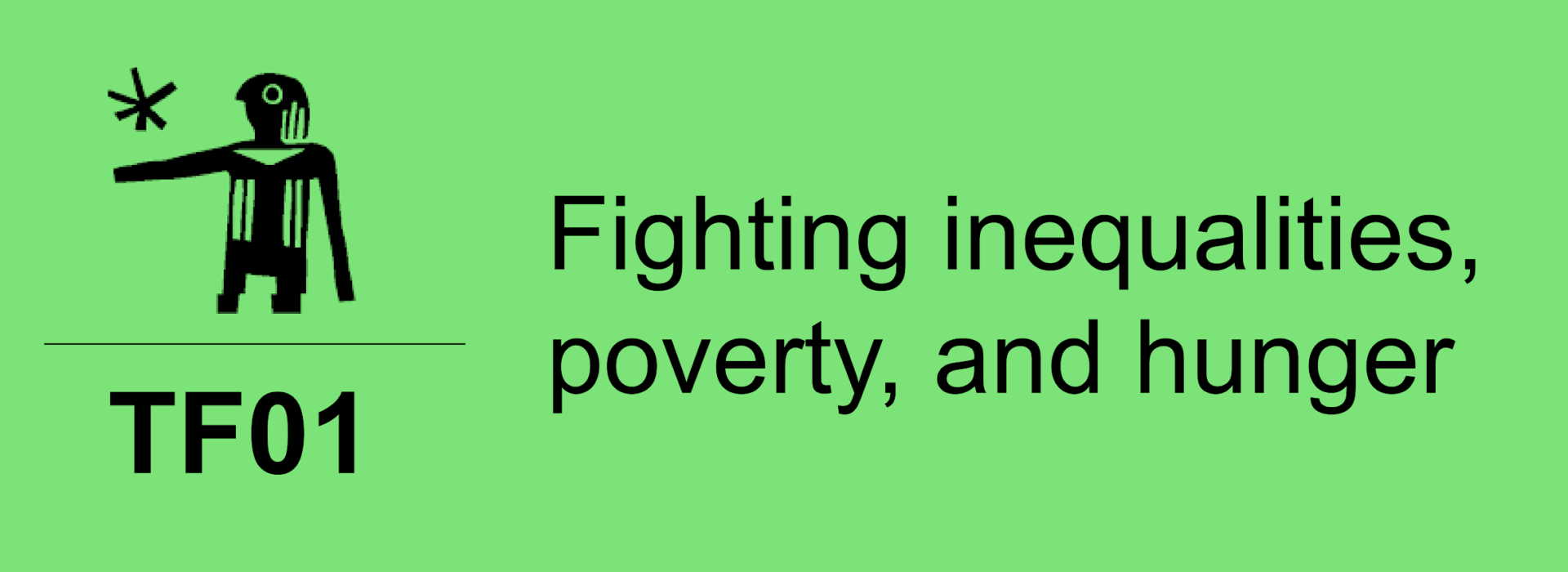The care economy is locally and globally structured by racial inequalities combined with gender, sexuality, class, and territorial hierarchies. Pay and unpaid care activities are disproportionately attributed to these vulnerable groups. Addressing this unequal distribution and ensuring decent conditions for care workers is a collective responsibility. It must engage not only women but also actors who are not traditionally deemed responsible for care tasks, such as men, states, and international organizations. Firstly, a rigid model of masculinity that is sexist and patriarchal benefits and privileges men and overburdens women. It is thus essential to actively include men in the care economy and to address masculinities as part of gender equality debates in schools and spaces of community socialization. Secondly, the state is central in providing extra-family support facilities such as creches, expanding rights, and offering training and income transfer programs. Thirdly, we should acknowledge the relevance of care in global policymaking. Tackling the inequalities that structure the care economy requires attending to the worldwide care chains that distribute these jobs unequally. The policy brief will propose ways to address this unequal international division of labor, structured by markers of race, gender, sexuality, and territory – a division that fuels migration flows from the South for the provision of domestic and care services to the global North. This issue is central to the G20 agenda since care is a global public good traditionally made invisible by economic theory. The policy brief intends to foster discussion on this theme, promoting an intersectional approach to care work and proposing policies that promote equality and economic development.
Register for Updates
Would you like to receive updates on the Global Solutions Initiative, upcoming events, G7 and G20-related developments and the future of multilateralism? Then subscribe here!
1 You hereby agree that the personal data provided may be used for the purpose of updates on the Global Solutions Initiative by the Global Solutions Initiative Foundation gemeinnützige GmbH. Your consent is revocable at any time (by e-mail to contact@global-solutions-initiative.org or to the contact data given in the imprint). The update is sent in accordance with the privacy policy and to advertise the Global Solutions Initiative’s own products and services.









